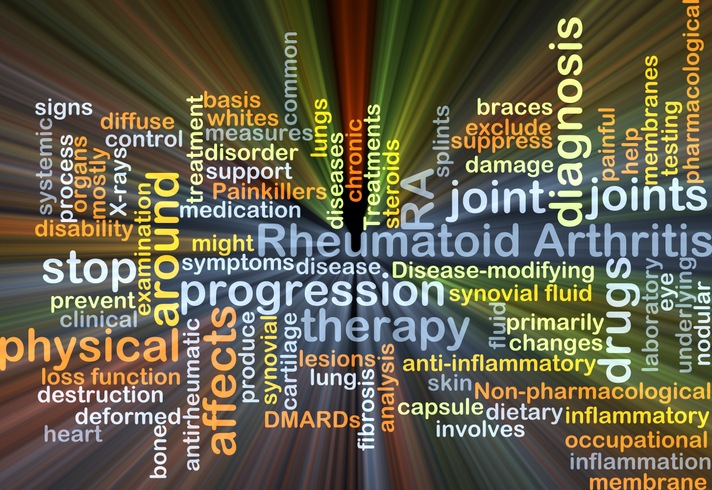
This week, the DocWire New rheumatology section had a special focus on COVID-19. In this edition, read about a tocilizumab trial, immunosuppressive agents in rheumatic COVID-19 patients, canakinumab in “cytokine storm” prevention, and whether rheumatic diseases affect COVID-19.
An Italian study did not observe a benefit for early COVID-19 pneumonia patients who were given tocilizumab, Roche’s rheumatoid arthritis drug marketed as Actemra. The study, authorized by the Italian Medicines Agency (Aifa), was stopped early. However, Roche is still reportedly moving ahead with its own phase III clinical trial of the drug. The Italian trial, a collaborative effort of 24 centers, randomized 126 patients initially; final analyses included 123, after three patients withdrew consent. The rate of two-week aggravations was similar between those who received tocilizumab versus those who received standard therapy (28.3% vs. 27.0%), as were rates of those who required intensive care (10.0% vs. 7.9%) and 30-day mortality (3.3% vs. 3.2%).
Researchers examined outcomes associated with COVID-19 among patients with underlying rheumatic diseases taking immunosuppressive agents. The study authors concluded that, “[Rheumatic disease] patients are susceptible to COVID-19. Various [disease-modifying antirheumatic drugs] may affect the viral process differently. Patients on etanercept, [hydroxychloroquine], or tocilizumab may run a mild course of the viral illness. Rituximab or secukinumab could worsen the viral disease and its related complications.” They called for larger studies in the future.
A Texas-based study is enrolling patients in its phase 3 clinical trial of arthritis drug canakinumab to see if it effectively prevents cytokine release syndrome in COVID-19 patients with pneumonia. The interleukin-1 (IL-1) blocker is being tested to see if combination canakinumab and standard-of-care treatment increases survival without invasive ventilation in patients with COVID-19 pneumonia. A “cytokine storm” has been associated with the virus. This refers to COVID-19 patients who appear to be getting better, then rapidly deteriorate. This happens when the body is no longer fighting off the virus but instead starts attacking its own immune system. Cytokine storms are seen in patients with rheumatic diseases as well as cancer.
An Italian study recently found that rheumatic and musculoskeletal diseases themselves may not be what affects COVID-19, but a patient’s age and comorbidities. “Based on the current findings, pre-existing systemic autoimmune disease and ongoing immunosuppressive treatment do not appear to represent the most important risk factors for SARS-CoV-2 infection and for its final outcome. Instead, mortality seems to be associated more with older age and the presence of comorbidities rather than the degree of pharmacological immunosuppression,” the study authors concluded.







 © 2025 Mashup Media, LLC, a Formedics Property. All Rights Reserved.
© 2025 Mashup Media, LLC, a Formedics Property. All Rights Reserved.